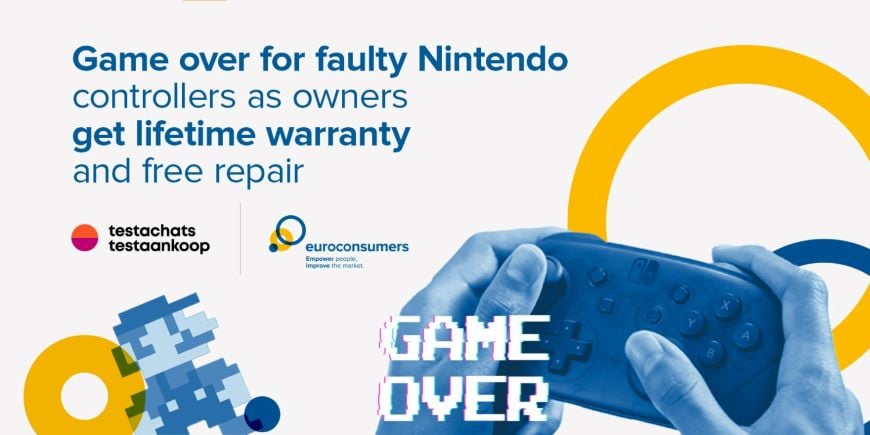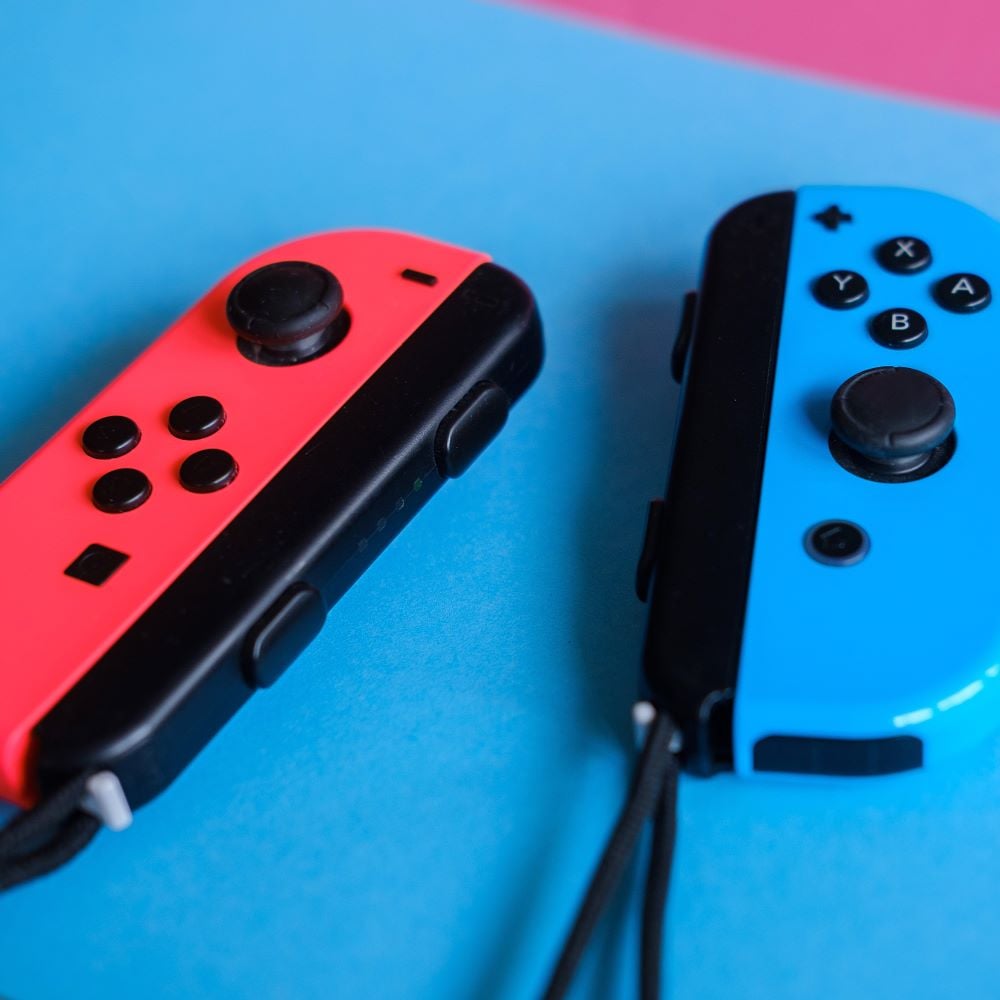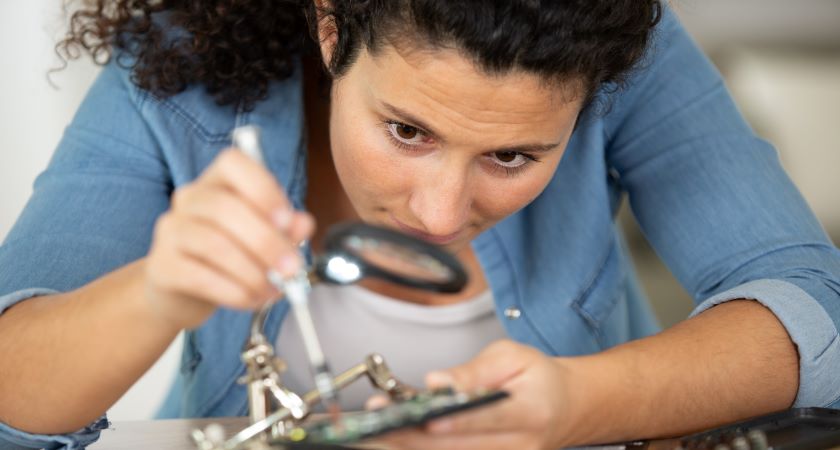It’s about fifty years since the very first games console was released and in that time they’ve become a gateway to gaming across the world. It’s estimated that about a fifth of the global population owns or uses a console which makes them the most widely used home entertainment device in the world after TV and DVDs.
In Europe, half of all Europeans regularly play video games. Mobile gaming is growing but games consoles remain incredibly popular, with around a third of Europeans owning or accessing one.
But how much do we really know about our favorite gaming device? A new survey of gamers in Euroconsumers’ member countries asked around 1,840 people in Italy, Spain, Belgium and Portugal how they choose and use, play and pay with their consoles.
It found most people were pretty satisfied with the way they play, but 38% reported that gaming had a negative impact on their sleep. Data also showed an opportunity to encourage more people to buy reconditioned or second hand consoles and to keep them in use for longer.
A new European Commission report has just been published on how to maximise the competitiveness of gaming in the region. We focus on two key consumer aspects that any gaming strategy needs to include: mental wellbeing and environmental impact.
1. Mental health and time online
Euroconsumers’ survey helped shed some light on the ongoing debate as to whether video games have a positive or negative impact on mental health and overall physical health. Our findings supported the idea that online gaming can bring people together to enjoy a shared activity – but that disruptions to rest and sleep were pretty common. This suggests it’s important to really understand the benefits and risks of online gaming and how to best balance them.
The survey found gamers are social, on average 46% of respondents play with other people they live with or with friends and 15% with people they don’t know. Italians are the most open to playing with strangers, as 18% say they play with people they don’t know with 18%, Portugal prefers to keep it close with only 12% playing with strangers.
Players communicate differently depending on who they are playing with – 44% like to chat by voice and a third talk and text at the same time. With strangers, it’s text chat if they chat at all…
Those surveyed averaged about 10 hours a week, but half of all respondents played a bit less with 1-8 hours a week on screen.
When asked whether video games have a negative impact on their mental health, professional life, or overall health and quality of life, over 80% of respondents in all but one category said there were few or no negative impacts.
Some studies have shown that video games can benefit people’s mental health as well as increase creativity, problem-solving skills and teamwork and collaboration skills. And the WHO/Europe has found that video games have the potential to be used for the prevention and management of noncommunicable diseases.
However, despite the potential benefits for users, gaming can also create problems for users’ personal, family, social, educational or occupational activities. Digging a little deeper, we find that a slightly higher proportion report some negative impact when it comes to academic / professional life and social life at 16% and 17% respectively.
The data showed a small proportion of players reporting spending over 33 hours a week gaming (2.8%), with 0.7% of them putting in over 64 hours a week. Although this is a small number of people, a much more significant number of people interviewed (38%) reported a negative impact on their sleep.
Overall, although it seems that gaming does not necessarily have a negative impact on consumers’ mental health, it leaves us a mixed picture and policy makers concerned with mental health should take a thoughtful approach.
In response to the growing concerns about mental health, the Commission adopted its Communication on a comprehensive approach to mental health. Unfortunately, this did not include much on gaming but future work could draw on the wider range of research and strategies out there for maximum insight. For example the 2022 European Strategy for a Better Internet for Kids (BIK+) strategy stresses potential benefits of online gaming for minors, stating that when age-appropriate, online gaming can be constructive and educational, can help develop digital skills, and bring other societal benefits.
2. Playing the long game
How long a console is in use for depends on a few different factors. The shift to paying by subscription for digital versions of games, instead of buying a hardcopy, could lower the need to update to a new console.
On the other hand, we learnt from the survey that players buy specific consoles for their exclusive games which could push them into buying more than one console. Compatibility also impacts longevity; some consoles don’t support backward compatibility, meaning that users cannot play games from previous console generations on the latest hardware.
The survey found pretty much everyone buys their console new, with only 6% buying refurbished or second hand. Belgium leads the way for second hand purchases with 6% and the Portuguese keep things circular with 2.5% buying a refurbished model.
The data also shows that they expected new consoles, whatever the brand, to last almost five years. However, people still reported they’d replace them before their expected minimum lifetime.
This contrasts with a recent ecodesign study by the EU which found that in reality, games consoles stay in use for between 7 and 14 years – partly due to their continued functionality.







